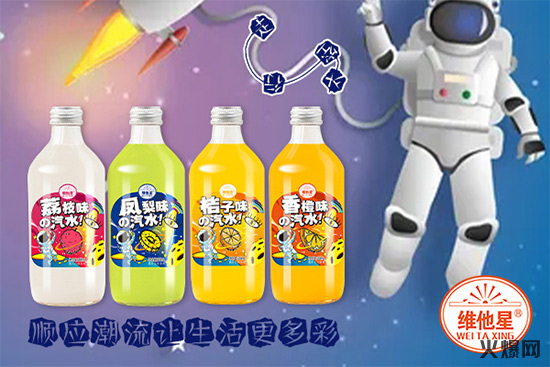中央媒体走基层|《中国日报》Yunnan sprouting into nation's 'vegetable basket'



Yunnan sprouting into nation's 'vegetable basket'
Poverty alleviation model expanded to enrich one of China's most fertile provinces
Long known for its breathtaking landscapes and ethnic diversity, Southwest China's Yunnan province is emerging as a national leader in specialty agriculture, transforming its once-impoverished rural regions into engines of economic renewal.
From sweet apples in Zhaotong to traditional cured meats in Xuanwei and leafy vegetables in Luliang, the highlands are cultivating not only crops, but also opportunities for the 88 counties in the province that have been lifted out of poverty.

Farmers pick apples at a production base of Zhaotong Chaoyue Agriculture in Zhao tong, Yunnan province. XU JING/FOR CHINA DAILY
Fruitful harvest
Perched on the Yunnan-Guizhou Plateau and located in the heartland of the Wumeng Mountains in the northeast of the province, Zhaotong was once a city with the largest impoverished population in China.
Now, it is Southwest China's largest producer of apples thanks to its low latitude, high elevation, generous sunshine and dramatic daily temperature swings. These ideal growing conditions have made Zhaotong's apples sweet, crisp and nationally recognized.
With nearly 66,700 hectares under cultivation, Zhaotong harvested 1.3 million metric tons of apples last year, generating a revenue of 15 billion yuan ($2.07 billion). The apple industry has directly benefited 138,000 households, touching the lives of over half a million residents, according to local officials.

Two farmers divide apples of various sizes into different categories at an orchard in Zhaotong in September. CHEN XINBO/XINHUA
In April of last year, apples from Zhaotong made headlines when they were included in the fresh food supply aboard the Shenzhou XVIII spacecraft.
A major individual orchard in Zhaotong's Zhaoyang district covers 6,670 hectares with 118 apple varieties, one of the largest of its kind. Yang Longjiang, director of the district's industry development center, said advanced agricultural techniques learned from New Zealand and elsewhere are yielding world-class results.
"The orchard applies dwarf root-stocks that yield fruit faster and uses an integrated drip irrigation system that can precisely deliver water and fertilizer, conserving precious resources," Yang said.
"Combined with monthly wages from working at the base, we can earn 80,000 yuan a year and live a better life," said Ding Kaiwen, a former tobacco farmer who works in the orchards with his wife. Their family also receives an annual land lease payment of 14,400 yuan.
The district's agricultural officials report that formerly impoverished households have seen average income increases of 4,800 yuan thanks to the apple boom.
Branding has also played a crucial role in the success of the local apple industry. The Zhaoyang Red, one of the region's signature apple brands, has earned 93 green food and multiple organic certifications, paving the way for exports to the United Arab Emirates, Thailand and beyond.
Premium supermarket chains such as Sam's Club and Freshippo stock Zhaotong apples, selling at 8 to 14 yuan per kilogram. Orchard tourism and fruit-picking festivals have also emerged to breathe new life into local economies.
High-tech ham
Xuanwei ham, a dry-cured specialty with a legacy dating back centuries, is another Yunnan food specialty that has found its place on the dinner tables of Chinese consumers. It sits alongside Italy's Parma ham and Spain's Iberico ham. In 2023, the pig farming and ham industry in Xuanwei generated over 18.5 billion yuan, producing nearly 70,000 tons of ham and lifting thousands of households out of poverty.

Cured meats are air-dried at a production base of local manufacturer Lap-Jon Ham in Xuanwei, Yunnan province. [Photo provided to CHINA DAILY]
Zhou Jianmei, quality control manager at leading brand Lap-Jon Ham, recalls the moment they realized tradition alone wouldn't be enough. "We knew the quality of our pigs was top-tier, but our production chain lagged behind Europe. So we went there to learn."
Inspired by European models, Lap-Jon Ham invested 360 million yuan into advanced facilities, importing Italian fermentation systems and automating the aging process to allow year-round production.
A modern factory capable of producing 3,200 tons of premium ham annually has been built, alongside salami and ham-filled pastries. Last year, the company reported an output value of 478 million yuan and created over 600 local jobs.
"We learned from the refined, standardized production processes abroad and adapted them to the unique characteristics of Xuanwei ham," Zhou said.
According to government data, over two-thirds of Xuanwei's 330,000 rural households are involved in pig farming. Their average incomes rose by 28,100 yuan in 2023, while 36,000 families previously living in poverty saw an average annual increase of 4,300 yuan.
Six "ham manors" in the city have further boosted income for 2,800 households and created more than 500 jobs, with average monthly wages hitting 4,500 yuan.
Zhou said the primary challenge now is popularization. While beloved in parts of southern China where cured meat has long been a traditional delicacy, Xuanwei ham remains unfamiliar in the country's north.
"When you mention 'ham' in the north, many people still think of processed sausage," she said, adding that better awareness among Chinese consumers in the future is expected to expand the market.
Leafy ambitions
The agricultural reinvention of Yunnan extends to the vast, fertile plains of Luliang county in Qujing, the largest flatland on the Yunnan-Guizhou Plateau.

A farmer harvests Chinese broccoli at a plantation in Luliang, Yunnan province, in January last year. WANG YONG/FOR CHINA DAILY
The unique geography and climate of the county in the east of the province have made it an agricultural powerhouse, and the thriving vegetable industry is feeding cities across China and reaching tables as far away as Dubai.
With 6,000 hectares of cultivated land yielding 2.45 million tons of vegetables in 2023, Luliang generated 7 billion yuan, nearly half the county's total agricultural output.
The region has an average annual temperature of 15.2 C, a frost-free period of 335 days, fertile soil and abundant water resources, making year-round production of vegetables possible.
"Thanks to these favorable natural conditions, we can grow a wide variety of fresh, eco-friendly vegetables all year round," said Zhang Raofang, deputy director of Luliang's agriculture and rural affairs bureau.
Italian lettuce, romaine, napa cabbage and Shanghai bok choy are among the stars of the leafy industry. About 93 percent of its harvest is shipped to markets from Beijing to Dubai, Zhang said.
Advanced infrastructure has contributed to the success of the industry. Home to Southwest China's largest cold-chain logistics park, the county dispatches 10,000 tons of vegetables daily, serving the Guangdong-Hong Kong-Macao Greater Bay Area and elsewhere. In 2023, its import-export vegetable trade reached $5.16 million, a 237 percent year-on-year increase.
"The lettuce grown here is thick, crisp and of excellent quality," said Zhang Zixiong, chairman of Yunnan Yuanheng Agricultural Development Corp. His company manages 180 hectares and works with local farmers on another 1,333 hectares.

Farmers reap seasonal vegetables in a field in Luliang in May. WANG YONG/XINHUA
The company recently expanded its export markets to Southeast Asia and the Middle East and has hired young college graduates majoring in foreign languages to help manage its business overseas.
Huang Hongdong, a major vegetable producer in the county, cultivates 6.67 hectares of Chinese arrowhead (Sagittaria sagittifolia), an aquatic tuber known as cigu in Chinese. "Half of our products now go to Malaysia. They really value the taste and quality," Huang said.
The vegetable industry employs 210,000 people in Luliang, from planting and processing to packaging and transport, boosting average household incomes by over 28,000 yuan a year, according to Zhang from the agriculture bureau.
As demand for safe, high-quality vegetables grows, Luliang is playing a greater role in both China's national "vegetable basket" and the global food supply chain, he added.
This year marks the final stage of a five-year transition period aimed at consolidating the gains made in poverty alleviation and ensuring a seamless shift toward rural vitalization.
By cultivating high-quality agricultural specialties and expanding access to broader markets, residents in some of Yunnan's formerly poor regions have not only emerged from poverty but are embracing sustainable opportunities for long-term improvement in their lives.
来源:中国日报


(责任编辑:焦点)
-
 近几年来,人们的生活水平迅速提高,对玻璃这一材料的性能也提出了更高要求。厂家为了增强玻璃的安全性与艺术性,推出了不少新型玻璃产品,功能强大,十分诱人。例如可以用通断电控制透明度的调光玻璃,相比
...[详细]
近几年来,人们的生活水平迅速提高,对玻璃这一材料的性能也提出了更高要求。厂家为了增强玻璃的安全性与艺术性,推出了不少新型玻璃产品,功能强大,十分诱人。例如可以用通断电控制透明度的调光玻璃,相比
...[详细]
-
 便捷的适老化设计、“车随人走、夜行日游”的旅行模式、丰富多彩的文娱活动……近年来,“银发专列”成为热词,越来越多银发族以饱满
...[详细]
便捷的适老化设计、“车随人走、夜行日游”的旅行模式、丰富多彩的文娱活动……近年来,“银发专列”成为热词,越来越多银发族以饱满
...[详细]
-
德国SEFE和阿联酋ADNOC Gas通过液化天然气交易加强能源合作
 近日消息,德国SEFE机构与总部位于阿联酋的ADNOC的子公司ADNOC Gas签订了多年期液化天然气供应协议,扩大了其液化天然气LNG)库存,增强了欧洲的能源安全。这份为期三年的供应协议价值约4亿美
...[详细]
近日消息,德国SEFE机构与总部位于阿联酋的ADNOC的子公司ADNOC Gas签订了多年期液化天然气供应协议,扩大了其液化天然气LNG)库存,增强了欧洲的能源安全。这份为期三年的供应协议价值约4亿美
...[详细]
-
真空玻璃外结露现象解析:保温性能卓越引发的反直觉现象,企业新闻
 您是否遇到过这样的情况:家中安装了号称保温性能优异的真空玻璃外窗,却在某个清晨发现玻璃的室外侧出现了结露水珠?这似乎违背了常识——保温好的玻璃不是应该防止结露吗?一、结露现象:并非异常,而是物理规律首
...[详细]
您是否遇到过这样的情况:家中安装了号称保温性能优异的真空玻璃外窗,却在某个清晨发现玻璃的室外侧出现了结露水珠?这似乎违背了常识——保温好的玻璃不是应该防止结露吗?一、结露现象:并非异常,而是物理规律首
...[详细]
-
 今年2月,IGN询问Take-Two老板Strauss Zelnick,他对《GTA6》在2025 年秋季发售有多大信心。Strauss Zelnick告诉IGN,他对此“非常满意”。三个月后,或许不
...[详细]
今年2月,IGN询问Take-Two老板Strauss Zelnick,他对《GTA6》在2025 年秋季发售有多大信心。Strauss Zelnick告诉IGN,他对此“非常满意”。三个月后,或许不
...[详细]
-
 2016年4月15日,山东省济南市,2016中超第5轮,山东鲁能对阵延边富德。图文无关。视觉中国/图)2025年4月30日,中国国家男足原主教练李铁案落下帷幕,二审维持原判20年。李铁于2022 年1
...[详细]
2016年4月15日,山东省济南市,2016中超第5轮,山东鲁能对阵延边富德。图文无关。视觉中国/图)2025年4月30日,中国国家男足原主教练李铁案落下帷幕,二审维持原判20年。李铁于2022 年1
...[详细]
-
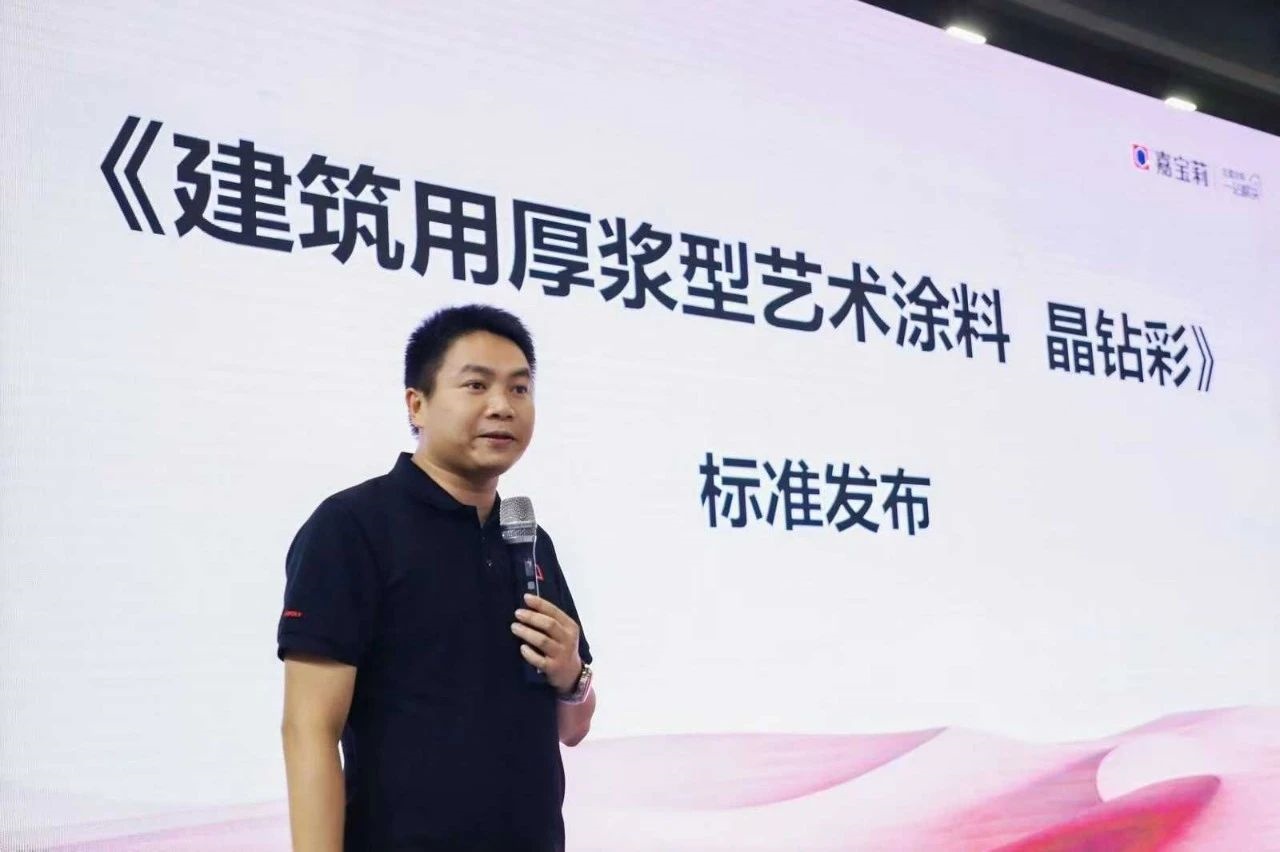 【建材网】7月8日,以【绿艺共生·重构边界】为主题的第三届艺术涂料节暨当代建筑涂装设计展在广州隆重举行。展会聚焦“双碳”战略及“好房子”政
...[详细]
【建材网】7月8日,以【绿艺共生·重构边界】为主题的第三届艺术涂料节暨当代建筑涂装设计展在广州隆重举行。展会聚焦“双碳”战略及“好房子”政
...[详细]
-
 6日,2025年全国蹦床体教融合比赛在建瓯举行。比赛吸引了来自全国17个省市的111支队伍、1400余名青少年运动员参加,通过“线上+线下”的创新模式展开竞技,生动诠释了体育与
...[详细]
6日,2025年全国蹦床体教融合比赛在建瓯举行。比赛吸引了来自全国17个省市的111支队伍、1400余名青少年运动员参加,通过“线上+线下”的创新模式展开竞技,生动诠释了体育与
...[详细]
-
 玻璃有多种类型,在各个行业都发挥出了举足轻重的作用。我们日常接触的除了用来制作门窗的中空玻璃、夹层玻璃以外,还有许多用于制作艺术装饰品的种类,例如热熔玻璃、压花玻璃等。这些玻璃制品各具特色,能够用于各
...[详细]
玻璃有多种类型,在各个行业都发挥出了举足轻重的作用。我们日常接触的除了用来制作门窗的中空玻璃、夹层玻璃以外,还有许多用于制作艺术装饰品的种类,例如热熔玻璃、压花玻璃等。这些玻璃制品各具特色,能够用于各
...[详细]
-
 近日,满载云南理世实业集团)有限责任公司以下简称“理世集团”)旗下产品“噜咪啦”黄金系列复合薯片的货柜正式封柜启运,驶向中东。此单不仅是理世集团实现外贸自营出口的新突破,更是其今年4月全新推出的复合薯
...[详细]
近日,满载云南理世实业集团)有限责任公司以下简称“理世集团”)旗下产品“噜咪啦”黄金系列复合薯片的货柜正式封柜启运,驶向中东。此单不仅是理世集团实现外贸自营出口的新突破,更是其今年4月全新推出的复合薯
...[详细]

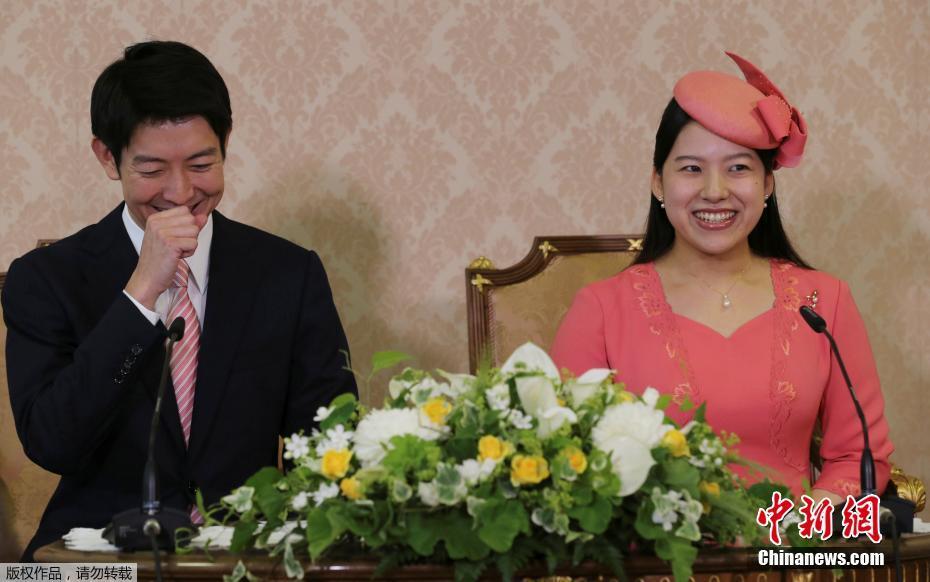 三菱汽车宣布欧退出中国市场
三菱汽车宣布欧退出中国市场 最困扰餐饮创业的七道难题 杜中兵和巴奴这么解决
最困扰餐饮创业的七道难题 杜中兵和巴奴这么解决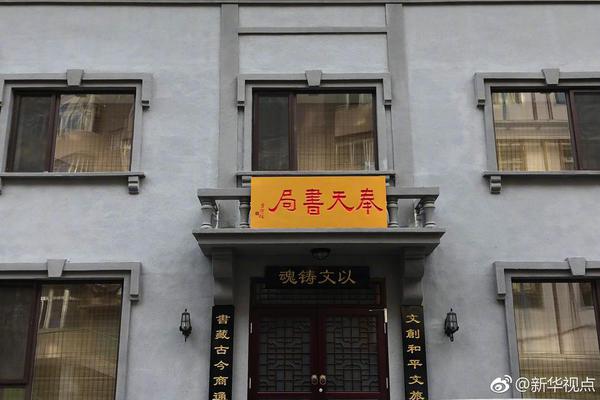 一数据显示绿军晋级希望大增 无朗多公牛前景忧
一数据显示绿军晋级希望大增 无朗多公牛前景忧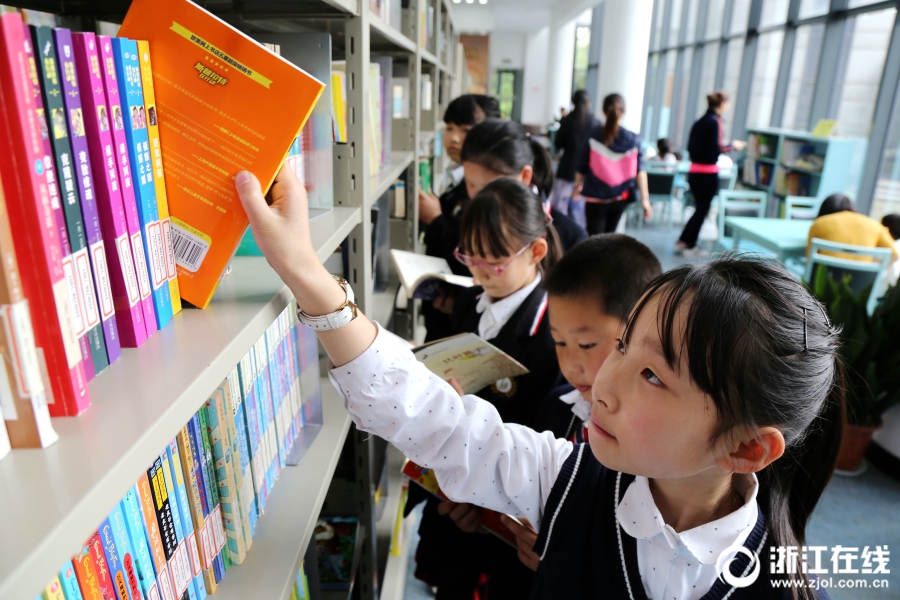 领航者说 专访高力威陆思远总裁(一),视频新闻
领航者说 专访高力威陆思远总裁(一),视频新闻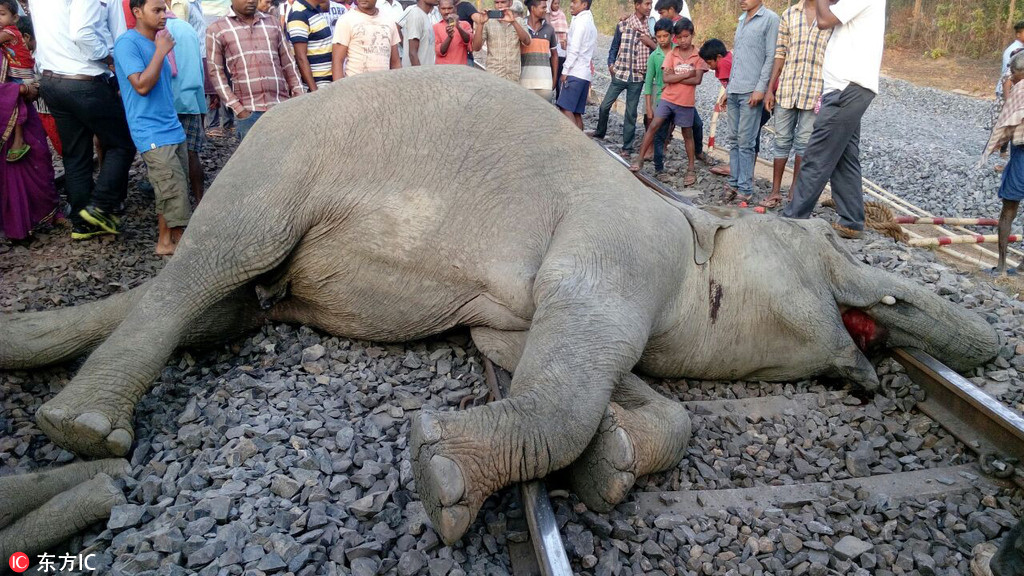 泉州中心城区9家核酸检测医院错时检测 确保高考即采即检
泉州中心城区9家核酸检测医院错时检测 确保高考即采即检